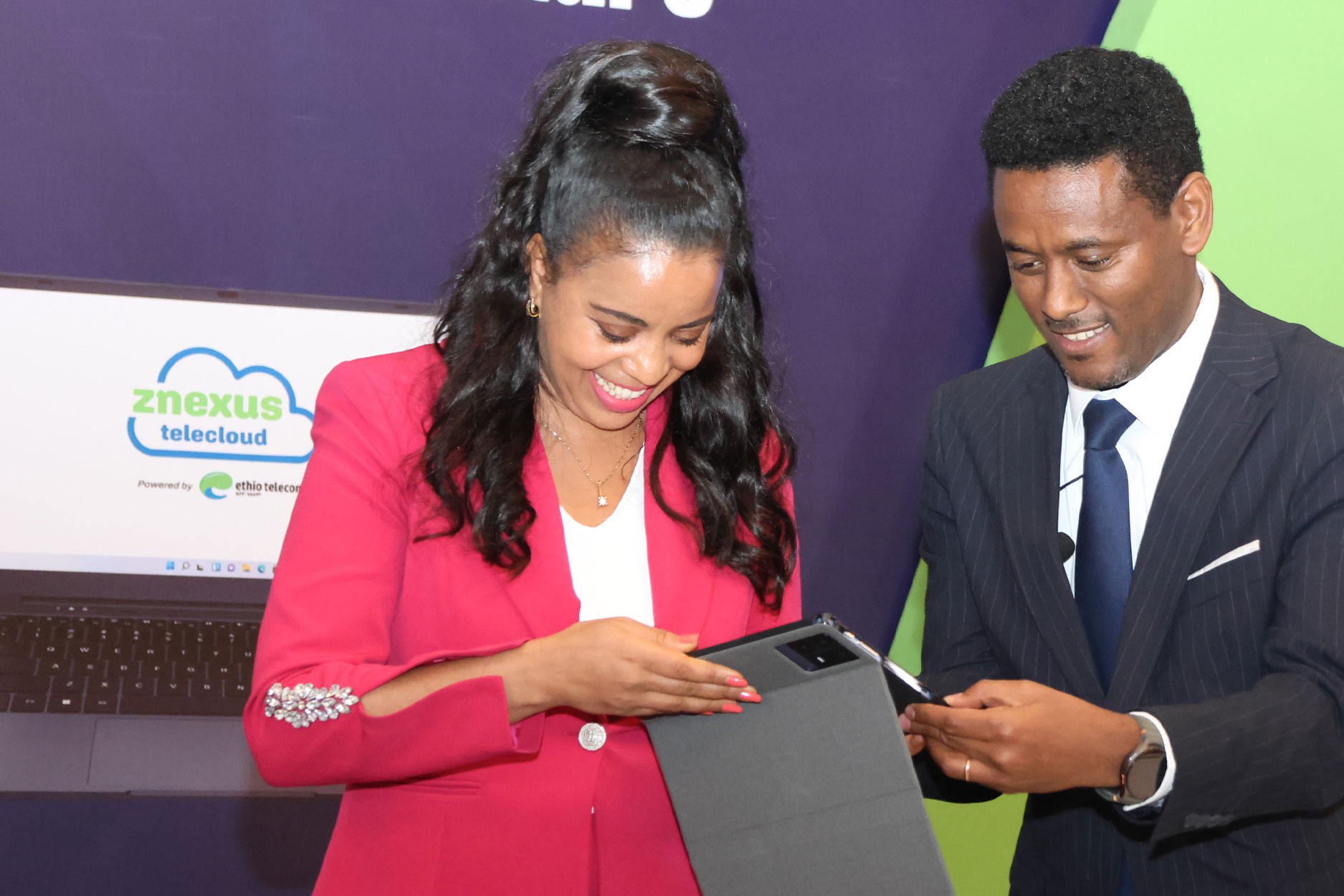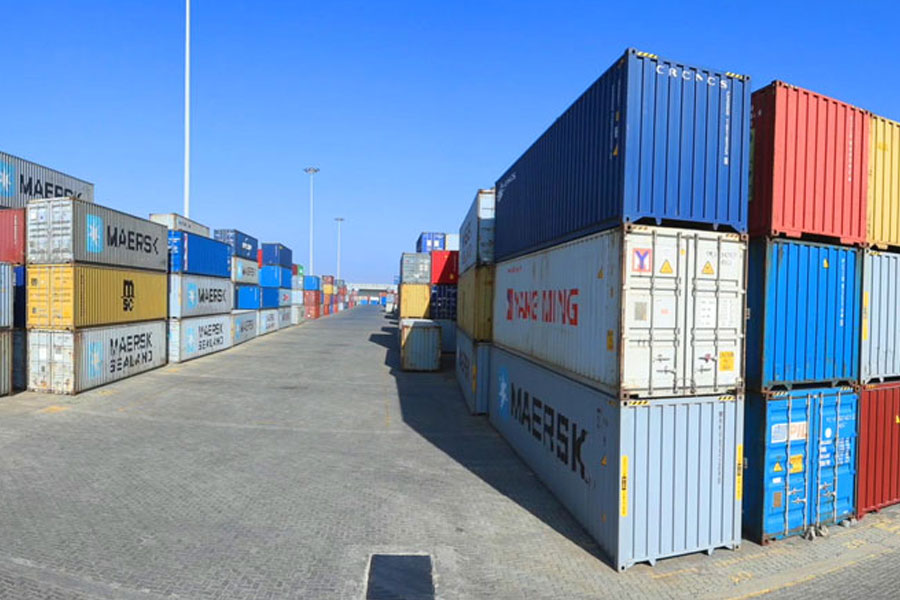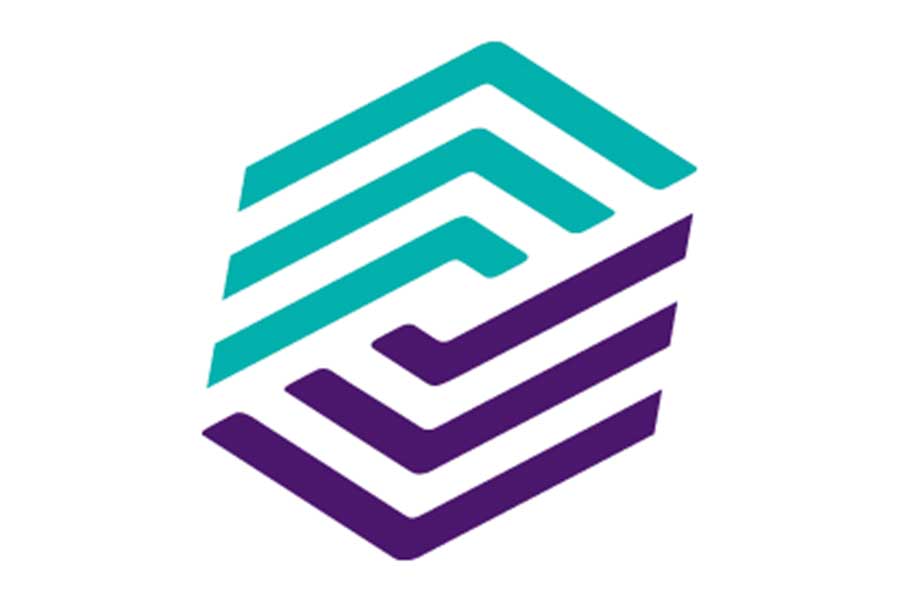
Safaricom Ethiopia Plc is testing video calls and multimedia messaging services (MMS) ahead of its commercial launch next month.
One of the features lined up, MMS, is an extension of a short message service (SMS) that allows users to send and receive instant messages containing files in images, videos, and audio. MMS and video call services have been technologically possible since 3G networks were introduced two decades ago. Telecom infrastructure that can accommodate 3G is, by design, capable of hosting these services. They remain unavailable in Ethiopia's mobile ecosystem.
Ethio telecom had launched a video call service three years ago, charging customers between two and three Birr a minute, but the feature was eventually dropped.
"Customers thought it was expensive," Endale Asrat, chief information officer at Ethio telecom, told Fortune.
He disclosed that the state-owned giant had considered lowering rates but decided against it as the measure raised profitability concerns.
MMS had also been piloted, but the lack of user awareness in completing the configuration required to enable the service was an impediment, according to Endale. The feature was also increasingly replaced by internet-based messaging platforms such as WhatsApp, Telegram or Facebook Messenger, known in industry jargon as 'over-the-top (OTT)' messaging services
"MMS is technologically possible and embedded within 3G service," he said. "If needed, it can be enabled anytime."
Safaricom executives pledge to introduce the services along with the launch of commercial operations. Subscribers will have the option to make video calls directly through the mobile network without using internet-based messaging platforms. Safaricom's executives say they plan to introduce their services to five cities: Addis Abeba, Jigjiga, Harar, Hawassa and Dire Dawa.
Like regular voice calls made between numbers subscribed to different operators, these features can work across networks provided both telecom providers offer the services and have reached an interconnection agreement. Ethio telecom and Safaricom are negotiating the terms of an interconnection agreement, disclosed Endale. The talks are about setting interconnection fees customers will be charged when calls or texts are made between their respective subscribers. Safaricom plans to avail the features to all its subscribers.
Experts like Yihenew Wondie (PhD), a telecommunications engineer and assistant professor of computer engineering at Addis Abeba University, say video call and MMS services are not readily available to the public due to a lack of access to compatible access devices. Smartphone penetration remains a considerable obstacle to expanding the range of messaging and call services. In Kenya, MMS has been available for over a decade.
The expert observes that regulatory policies have also constrained the growth of such services.
For two years following the third national elections in 2005 and the ensuing events, the federal government had imposed a blanket ban on all SMS services. OTT messaging services have also been subject to proscription over the years. Last November, the government restricted access to apps like Telegram, WhatsApp and Facebook, with officials alleging the move was to prevent the spread of leaked national examination papers.
Nevertheless, the availability of OTT messaging services will likely be a challenge to both telecom operators' efforts to introduce the features. As these services are accessed through the internet and offer cheaper rates, customers may shy away from direct video calls and MMS.
Safaricom conducted a test voice call last month, inspecting the functionality of all its network apparatuses. During a phone call, the mobile device connects to telecom towers via radio waves, and the towers then link to a data centre through microwaves or optic fibre networks. The data is processed, the caller is identified and matched to the corresponding number through a 'home location register,' revealing where each subscriber is located within the network.
On a viable network, the process only takes seconds to complete.
"Ideally, we want it to be between four to eight seconds," says Pedro Rabacal, chief technology officer of Safaricom Ethiopia Plc.
Pedro has experience setting up networks in other countries, such as Mozambique, where his team launched the country's first 5G network. The company is also awaiting the completion of the interconnection agreement with Ethio telecom to set up international call options on its network.
“That's why the interconnection agreement is important for both of us,” said Rabacal.
Safaricom has completed the installation of a 100 million dollar modular data centre in the Akaki-Qality District and is undertaking infrastructure building activities, contracted to Nokia and Huawei. The operator has built around 30 sites in Addis Abeba and 30 in urban centres such as Dire Dawa and Bahir Dar.
Safaricom plans to build 400 sites in Addis Abeba over the coming year, according to Rabacal.
PUBLISHED ON
Mar 05,2022 [ VOL
22 , NO
1140]

Fortune News | Mar 14,2020

Radar | Jul 13,2025

View From Arada | May 28,2022

Radar | Sep 10,2022

Fortune News | Jun 04,2022

Radar | Jun 01,2019

Viewpoints | Apr 20,2020

Radar | Sep 03,2022

Radar | Jul 09,2022

Radar | Nov 12,2022

Dec 22 , 2024 . By TIZITA SHEWAFERAW
Charged with transforming colossal state-owned enterprises into modern and competitiv...

Aug 18 , 2024 . By AKSAH ITALO
Although predictable Yonas Zerihun's job in the ride-hailing service is not immune to...

Jul 28 , 2024 . By TIZITA SHEWAFERAW
Unhabitual, perhaps too many, Samuel Gebreyohannes, 38, used to occasionally enjoy a couple of beers at breakfast. However, he recently swit...

Jul 13 , 2024 . By AKSAH ITALO
Investors who rely on tractors, trucks, and field vehicles for commuting, transporting commodities, and f...

Oct 11 , 2025
Ladislas Farago, a roving Associated Press (AP) correspondent, arrived in Ethiopia in...

Oct 4 , 2025
Eyob Tekalegn (PhD) had been in the Governor's chair for only weeks when, on Septembe...

Sep 27 , 2025
Four years into an experiment with “shock therapy” in education, the national moo...

Sep 20 , 2025
Getachew Reda's return to the national stage was always going to stir attention. Once...